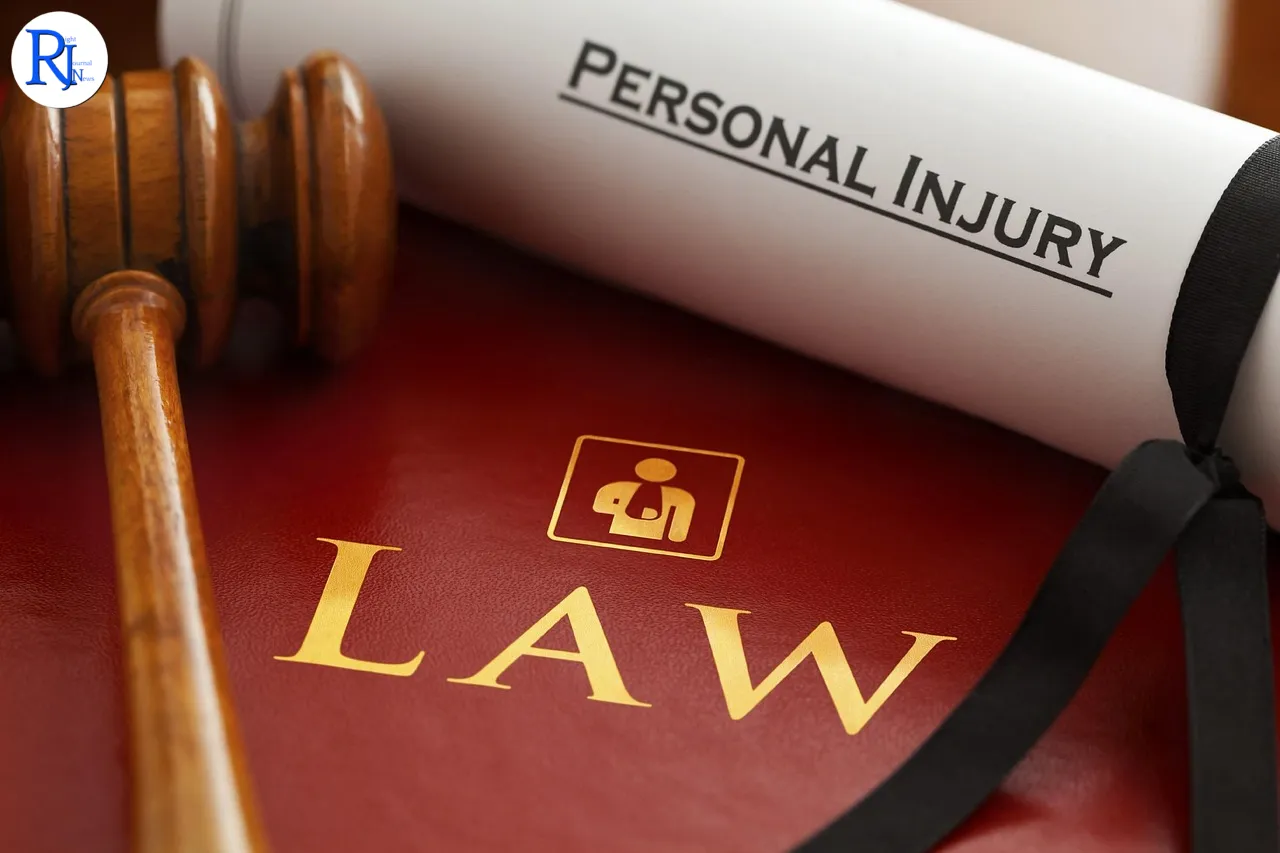A law firm boss has been struck off after misleading three personal injury clients by falsely claiming their cases had been successful. In an alarming breach of trust, the solicitor not only misled clients but also paid them damages from his own pocket to conceal the deceit. This unprecedented case has sent shockwaves through the legal community, raising serious concerns about professional conduct and client trust.
The solicitor, whose identity remains undisclosed, was found guilty by a disciplinary tribunal. The tribunal’s decision came after a thorough investigation that uncovered the extent of the misconduct. This case serves as a stark reminder of the ethical obligations legal professionals owe to their clients.

Misconduct Uncovered: When and Where
The misconduct came to light in early 2025, when discrepancies in the solicitor’s handling of personal injury cases were reported. The cases in question were managed from a law firm based in London. The solicitor’s actions took place over a period of several months, during which he assured clients of successful outcomes in their claims. However, investigations revealed that these claims had not been resolved in the clients’ favour, and no official damages were awarded.
The Solicitors Regulation Authority (SRA) launched an inquiry following complaints from clients who noticed irregularities in their case proceedings. The tribunal convened in April 2025 to assess the evidence and testimonies, ultimately leading to the solicitor’s disbarment.
The Tribunal’s Findings
During the tribunal hearings, it was revealed that the solicitor had gone to great lengths to maintain the facade of success. He fabricated documents and correspondence, presenting them to clients as evidence of their victorious claims. In an effort to maintain credibility, he personally compensated the clients with funds from his own resources, falsely presenting these as awarded damages.
The tribunal’s findings were unequivocal. It concluded that the solicitor had committed severe breaches of professional conduct, including dishonesty and lack of integrity. The tribunal highlighted the gravity of the situation, noting that such actions not only harm clients but also undermine public confidence in the legal profession.
Expert Insights on Legal Ethics
Legal experts have weighed in on the case, emphasising the importance of transparency and honesty in legal practice. Professor Jane Smith, an expert in legal ethics, stated, “This case underscores the critical role of trust in the solicitor-client relationship. Breaches of this trust not only affect individual clients but can damage the reputation of the legal profession as a whole.”
The Law Society has also responded to the tribunal’s decision, reiterating its commitment to upholding high ethical standards. A spokesperson for the society said, “Solicitors are expected to act with integrity and professionalism at all times. This case serves as a reminder of the consequences of failing to meet these standards.”
Implications for the Legal Profession
The solicitor’s disbarment has sparked discussions within the legal community about the need for stricter oversight and accountability. Some industry leaders are calling for enhanced regulatory measures to prevent similar incidents from occurring in the future. Suggestions include more frequent audits and increased support for solicitors facing personal or professional challenges.
The case has also prompted calls for greater client education. Legal experts advocate for improved resources to help clients understand their rights and the legal processes involved in their cases. By empowering clients with knowledge, it is hoped that they will be better equipped to identify and report any irregularities.
Looking Ahead: Restoring Trust
As the legal community grapples with the fallout from this case, efforts are underway to restore trust and confidence. The SRA has pledged to continue its work in monitoring and regulating solicitors to ensure compliance with ethical standards. Additionally, the Law Society is exploring initiatives to support solicitors in maintaining professional integrity.
For the affected clients, the tribunal has ordered the solicitor to compensate them for any financial losses incurred. Meanwhile, the solicitor has expressed remorse for his actions, acknowledging the damage caused to his clients and the profession.
This case serves as a potent reminder of the critical importance of ethical conduct within the legal profession. As the industry moves forward, the lessons learned from this incident will undoubtedly shape future practices, ensuring that solicitors remain steadfast in their commitment to serving their clients with honesty and integrity.

